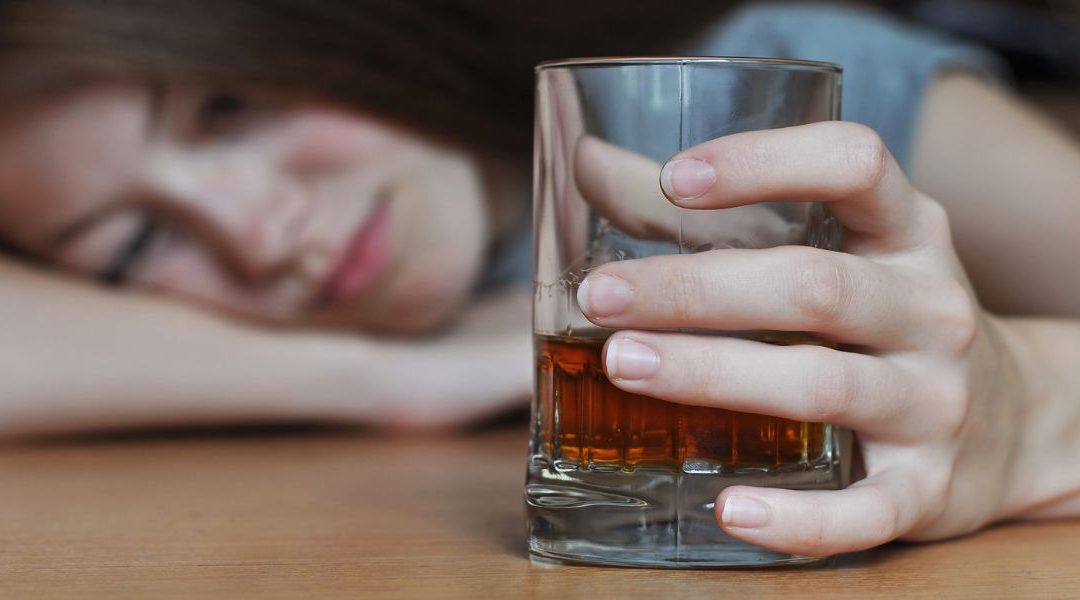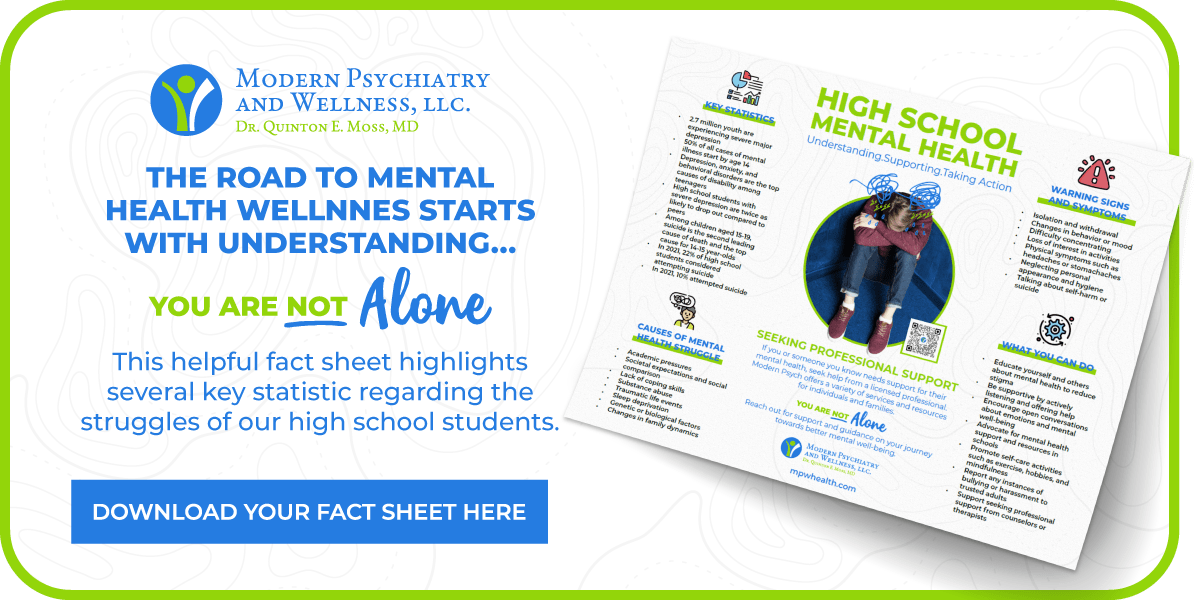In the United States, people between the ages of 12 and 20 drink 11% of all the alcohol consumed in the country. It’s a serious problem. Drinking at a young age causes a range of risks and negative consequences, including impaired judgment which can lead to serious injuries or death. Here are some signs to spot alcohol abuse in teens.
Why Does Alcohol Abuse in Teens Occur and Why is it Dangerous?
As children move from adolescence to young adulthood, they go through physical, emotional, and lifestyle changes that affect their decision-making. Their young brains, particularly the prefrontal cortex, are developing until their mid-20s. Because the teenage brain is still developing, they can sometimes make impulsive decisions.
There are many other factors that may play a part in teenage alcohol abuse. This can include family dynamics, stress, anxiety, depression, trauma, and peer pressure.
Alcohol can affect teenagers’ perception of reality and their ability to make the right decisions—leading to negative consequences:
Impairs Judgment
Making poor decisions including drinking and driving, inappropriate sexual behavior, aggressive or violent behavior, or injuring themselves.
Interfere with Brain Development
Because of its effect on brain chemistry, alcohol can interfere with brain development.
Increases Risks of Future Alcohol Problems
Those who are drinking before the age of 15 are at a higher risk for developing alcohol use disorder (AUD).
Death
This includes deaths from motor vehicle crashes, alcohol overdoses, falls, burns, drowning, and suicides.
Signs of Alcohol Abuse in Teens
Signs of alcohol abuse vary from one teenager to another, but these are the most common signs:
Physical signs are the easiest way to determine signs of abuse. This includes the smell of alcohol on the breath, bloodshot eyes, slow or slurred speech, fatigue, deteriorating physical hygiene and grooming, and building up a tolerance to alcohol from persistent drinking.
Social/emotional warning signs may be a little harder to recognize and determine whether the cause is alcohol abuse since this stage of development is often turbulent for teenagers. However, many teenagers use alcohol to suppress feelings of sadness or anger. Some signs to look out for are depression, anxiety, and mood swings. When a mood swing occurs, teenagers may suddenly shift to aggressive, defensive behavior, or become unusually agreeable.
School problems can also be a sign. This includes having poor grades and not showing up to school and extracurricular activities.
Behavior signs can indicate alcohol abuse. This includes a loss of interest in hobbies or activities they usually would love to do. For example, avoiding the family and spending more time in their rooms, having secretive behavior and lying more often about what they are doing.
Alcohol Abuse Treatment Options
Overcoming alcohol addiction can be a lengthy and challenging process for many teens; it may seem impossible, but it isn’t! Recovering from alcohol abuse is a gradual process. The best approaches to address teenage alcoholism include:
- Outpatient withdrawal/detox management programs
- Inpatient addiction help
- Intervention by family and friends
- Group therapy
- Individual therapy
Modern Psych: Treating Teenage Alcohol Abuse
With support from the Modern Psychiatry and Wellness team, alcohol abuse recovery is possible. Our team will provide support, expertise, and customized treatment plans designed to treat overall health. Modern Psychiatry and Wellness is now offering personalized mental health services for adolescents ages 12–17. To learn more about our youth services, visit the page on our website.





